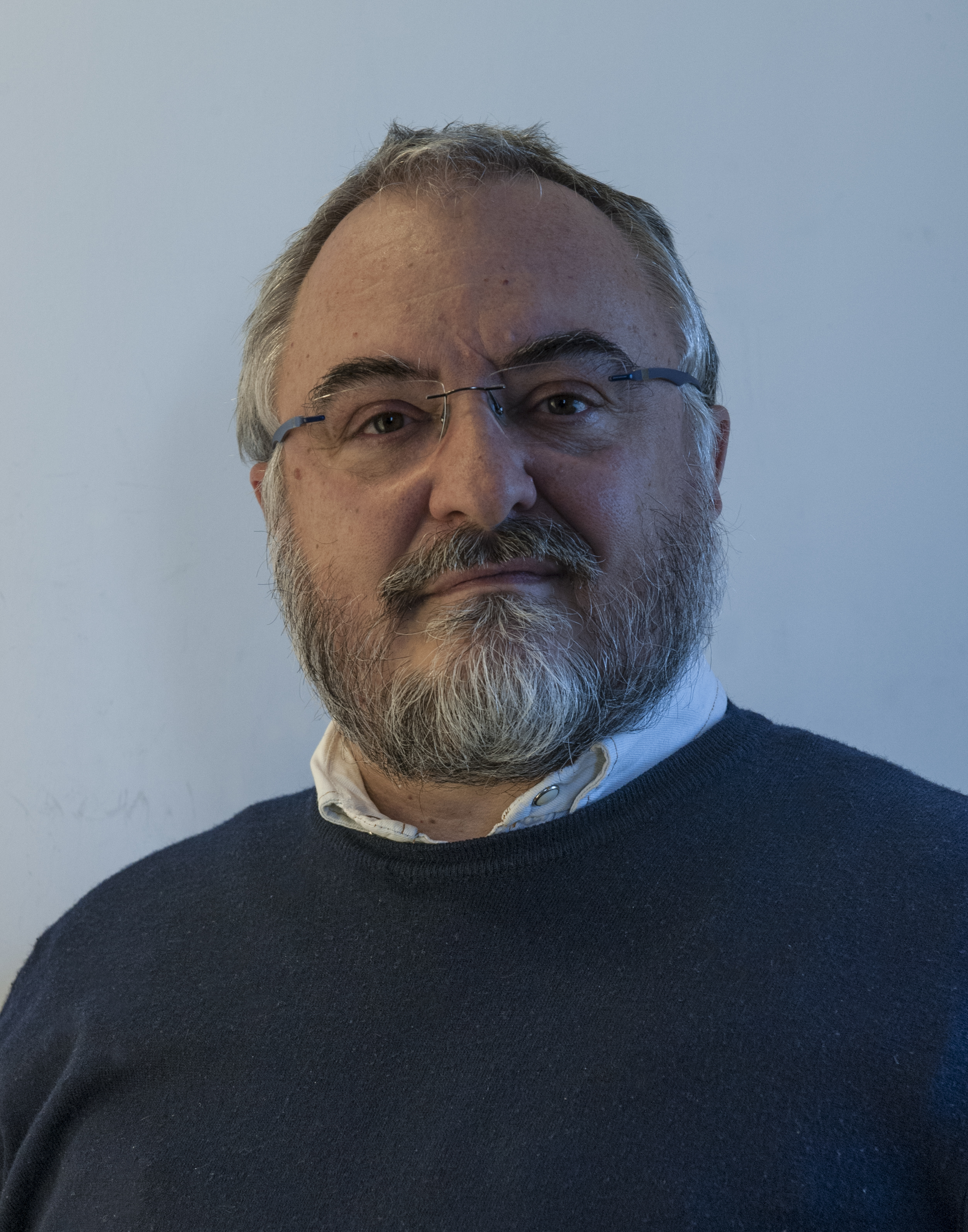Every human language meets a set of formal principles such as recursion. Are the boundaries of Babel cultural, conventional, accidental or neurobiological? By testing the brain’s network activations to the acquisition of artificial “impossible languages” with neuroimaging techniques it has been possible to provide strong evidence in favor of a neurobiological explanation. Along with network activations, the first experiments at deciphering the neuronal electrophysiological code underlying language are illustrated, in particular those recording the “sound of thoughts” in inner speech.
Andrea Moro (1962) is full professor of General Linguistics, Director of the Department of Cognitive, Behavioural and Social Sciences, founder of the Center for Neurocognition and Theoretical Syntax (NEtS) which he directed for six years, and Deputy Director at the University School for Advanced Studies IUSS Pavia. Former director of the interfaculty program in cognitive neuroscience at the Vita-Salute San Raffaele University in Milan which he contributed to found in 1996 he has been associate professor at the University of Bologna. He has been Fulbright student and visiting scientist at MIT and at Harvard University several times and obtained a “Diplôme d'études supérieures en théorie de la syntaxe et syntaxe comparative” at the University of Geneva. He lectured in many universities in the US and the EU. His main fields of research are theoretical syntax (in particular copular sentences and Dynamic Antisymmetry) and neurolinguistics (in particular "impossible languages" and electrophysiological representation of syntax).
